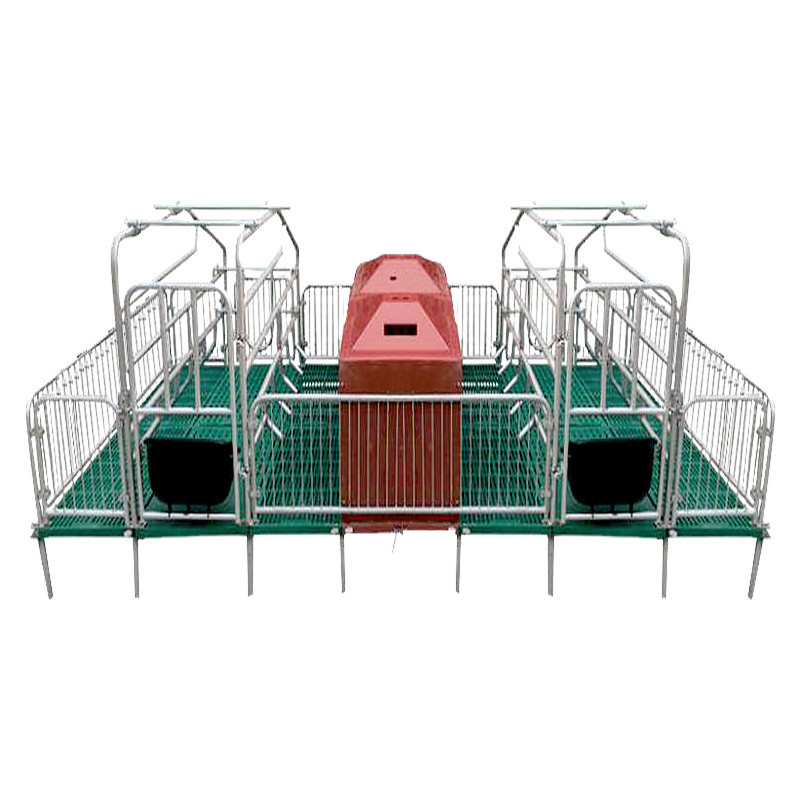Aquatic Nutrition Solutions Innovative Blending Equipment for Optimal Fish Feed Production Efficiency
Jul . 27, 2024 03:22 Back to list
Aquatic Nutrition Solutions Innovative Blending Equipment for Optimal Fish Feed Production Efficiency
Understanding Fish Feed Mixing Machines Enhancing Aquaculture Efficiency
In recent years, the aquaculture industry has witnessed significant growth, driven by the rising demand for fish as a source of nutrition globally. As a result, the efficiency and quality of fish feed production have become paramount in ensuring sustainable fish farming practices. One essential piece of equipment in this sector is the fish feed mixing machine, which plays a crucial role in producing high-quality, nutritionally balanced feed for various aquatic species.
Fish feed is a complex mixture of ingredients, including proteins, vitamins, minerals, and carbohydrates, tailored to meet the specific dietary needs of different fish species. The quality of these feeds significantly impacts fish growth, health, and overall yield. Therefore, it is vital to ensure that the mixing process is uniform and thorough. A fish feed mixing machine provides the perfect solution to this requirement.
These machines come in various designs, including horizontal and vertical mixers, each with its unique features and advantages. Horizontal mixers, for instance, are widely used due to their efficiency in blending bulk ingredients quickly. They operate using paddles or ribbons that facilitate optimal mixing and ensure that all components are evenly distributed. On the other hand, vertical mixers are preferred for their compact design and effective use of space, making them suitable for smaller production facilities.
The selection of a fish feed mixing machine should be guided by several factors including production capacity, the types of ingredients to be mixed, and the desired final feed quality. Larger commercial operations typically require high-capacity mixers that can handle significant volumes of feed, while smaller farms may opt for less complex machines.
fish feed mixing machine

One of the key advantages of utilizing a fish feed mixing machine is the efficiency it brings to the production process. Manual mixing can lead to inconsistencies in feed quality, which can adversely affect fish health and growth rates. By automating the mixing process, producers can ensure a more consistent final product, minimizing human error and enhancing overall productivity.
In addition to operational efficiency, fish feed mixing machines contribute to better nutritional delivery. Modern machines are equipped with advanced technologies that allow for precise ingredient measurement and mixing. This precision not only improves the feed’s nutritional profile but also allows for the inclusion of specialized ingredients aimed at promoting fish health, increasing resistance to diseases, and enhancing feed palatability.
Moreover, the incorporation of user-friendly interfaces and automation in newer models of fish feed mixing machines simplifies the production process. Operators can easily program batch sizes, mixing times, and ingredient combinations, allowing for greater control and adaptability in feed formulation. This versatility is especially beneficial for farms that stock multiple species with varying nutritional requirements.
Maintenance and durability are also important considerations when investing in fish feed mixing machines. Regular maintenance ensures the longevity of the equipment and helps avoid unplanned downtimes that can disrupt production schedules. Selecting machines made from high-quality materials and understanding the manufacturer's support services can extend the lifespan of the equipment and enhance productivity.
In conclusion, fish feed mixing machines are indispensable tools in the aquaculture industry, contributing to improved efficiency, consistency, and nutritional quality of fish feed. As the demand for sustainably farmed fish continues to rise, the role of innovative equipment like fish feed mixing machines will only become more significant. By investing in the right mixing technology, aquaculture producers can enhance their operational capabilities and contribute to the overall sustainability of the industry.
-
Hot Sale 24 & 18 Door Rabbit Cages - Premium Breeding Solutions
NewsJul.25,2025
-
Automatic Feeding Line System Pan Feeder Nipple Drinker - Anping County Yize Metal Products Co., Ltd.
NewsJul.21,2025
-
Automatic Feeding Line System Pan Feeder Nipple Drinker - Anping County Yize Metal Products Co., Ltd.
NewsJul.21,2025
-
Automatic Feeding Line System - Anping Yize | Precision & Nipple
NewsJul.21,2025
-
Automatic Feeding Line System - Anping Yize | Precision & Nipple
NewsJul.21,2025
-
Automatic Feeding Line System-Anping County Yize Metal Products Co., Ltd.|Efficient Feed Distribution&Customized Animal Farming Solutions
NewsJul.21,2025






